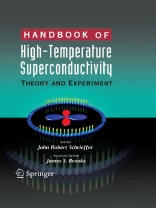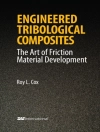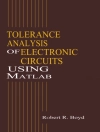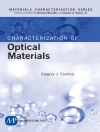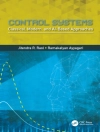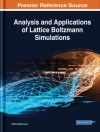Since the 1980s, a general theme in the study of high-temperature superconductors has been to test the BCS theory and its predictions against new data. At the same time, this process has engendered new physics, new materials, and new theoretical frameworks. Remarkable advances have occurred in sample quality and in single crystals, in hole and electron doping in the development of sister compounds with lower transition temperatures, and in instruments to probe structure and dynamics. Handbook of High-Temperature Superconductvity is a comprehensive and in-depth treatment of both experimental and theoretical methodologies by the the world’s top leaders in the field. The Editor, Nobel Laureate J. Robert Schrieffer, and Associate Editor James S. Brooks, have produced a unified, coherent work providing a global view of high-temperature superconductivity covering the materials, the relationships with heavy-fermion and organic systems, and the many formidable challenges that remain.
Tabla de materias
From Single- to Bipolarons with Jahn–eller Character and Metallic Cluster-Stripes in Hole-Doped Cuprates.- Tunneling Measurements of the Cuprate Superconductors.- Angle-Resolved Photoemission Spectroscopy on Electronic Structure and lectron–Phonon Coupling in Cuprate Superconductors.- Microwave Electrodynamics of High Temperature Superconductors.- Magnetic Resonance Studies of High Temperature Superconductors.- Neutron Scattering Studies of Antiferromagnetic Correlations in Cuprates.- Optical Conductivity and Spatial Inhomogeneity in Cuprate Superconductors.- What Tc can Teach About Superconductivity.- High-Tc Superconductors: Thermodynamic Properties.- Normal State Transport Properties.- High-Pressure Effects.- Superconductivity in Organic Conductors.- Numerical Studies of the 2D Hubbard Model.- t-J Model and the Gauge Theory Description of Underdoped Cuprates.- How Optimal Inhomogeneity Produces High Temperature Superconductivity.- Superconducting States on the Border of Itinerant Electron Magnetism.
